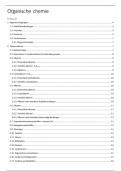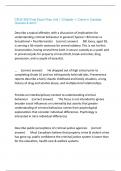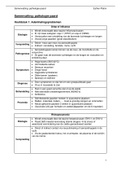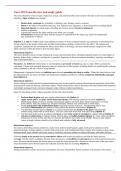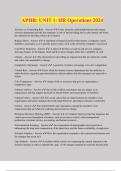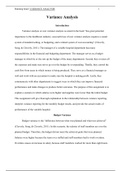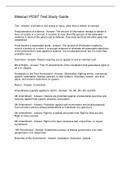Exam (elaborations)
Criminal Jurisprudence and Procedure
- Course
- Institution
The Board of Examiners for Criminologists in the Philippines is created for the purpose of regulating the practice of Criminology.It has the power to issue, suspend, or revoke certificate of registration for the practice of criminology and to administer oath.All applicants for registration as crimi...
[Show more]




